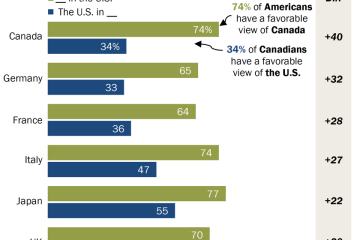Current Events Shaping the Future of Turkey

Introduction
Turkey, a nation bridging Europe and Asia, holds a pivotal role in global politics, trade, and culture. As the country faces a myriad of challenges and changes, understanding the current events that shape its trajectory is crucial. From economic fluctuations to political developments, the implications of these events resonate far beyond its borders, impacting international relations and regional stability.
Political Landscape
Recently, Turkey held municipal elections that have been perceived as a barometer for the ruling Justice and Development Party (AKP) led by President Recep Tayyip Erdoğan. The opposition, represented by the Republican People’s Party (CHP) and other coalitions, made notable gains in key cities like Istanbul and Ankara. This marks a potential shift in the political climate as voter sentiments reflect a desire for change amid rising inflation and economic challenges, with the inflation rate reaching over 80% in mid-2023, according to the Turkish Statistical Institute.
Economic Challenges
Turkey’s economy is undergoing significant strain, characterized by fluctuating currency values and growing unemployment rates, which currently stand at approximately 10.5%. In response, President Erdoğan has sought to implement policies aimed at stabilizing the economy; however, critiques arise regarding the effectiveness of these measures amidst a backdrop of corruption allegations and financial mismanagement. The depreciation of the Turkish lira against major currencies has heightened concerns, leading to public demonstrations demanding accountability from the government.
International Relations
On the international front, Turkey’s strategic location continues to cement its role as a key player in global geopolitics. Ongoing tensions regarding its relationship with NATO after its military interventions in Syria and its purchase of Russian S-400 missile systems have sparked debate among Western allies. This has raised questions about Turkey’s commitment to NATO principles while simultaneously leading to a strengthening of ties with non-Western powers, including China and Russia.
Conclusion
The unfolding situation in Turkey is significant not only for its citizens but also for the wider international community. As the nation grapples with political and economic turmoil, the implications will likely affect regional and global dynamics. Analysts suggest that if the opposition can maintain momentum and address pressing economic issues, it could redefine Turkey’s political landscape. For readers, understanding these developments is essential, as Turkey’s future direction may influence various global sectors, including trade, security, and diplomatic relations.





